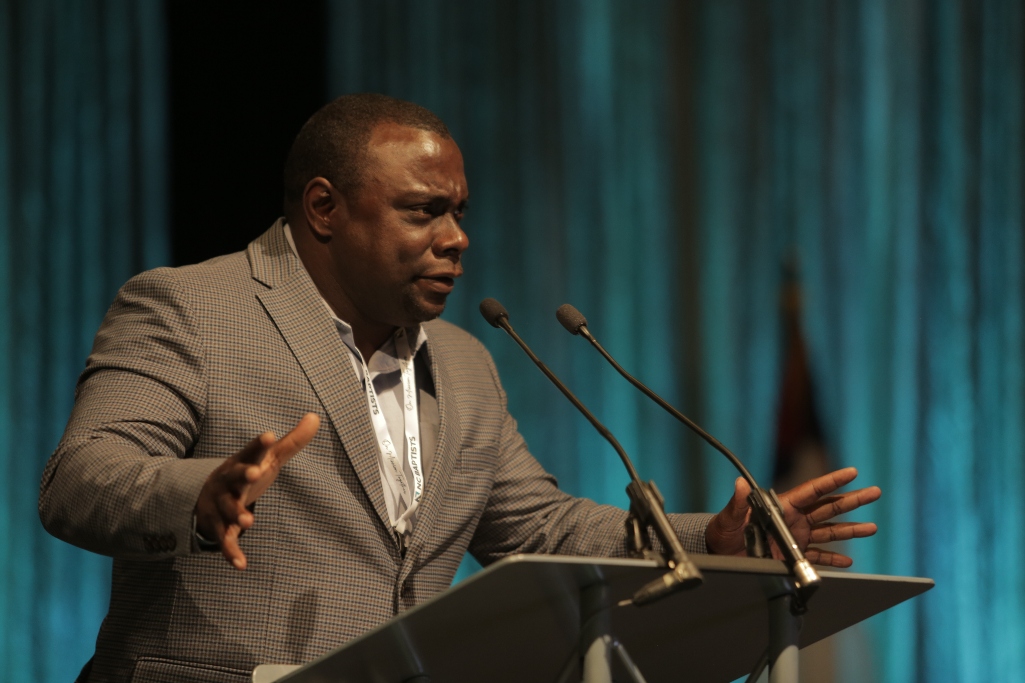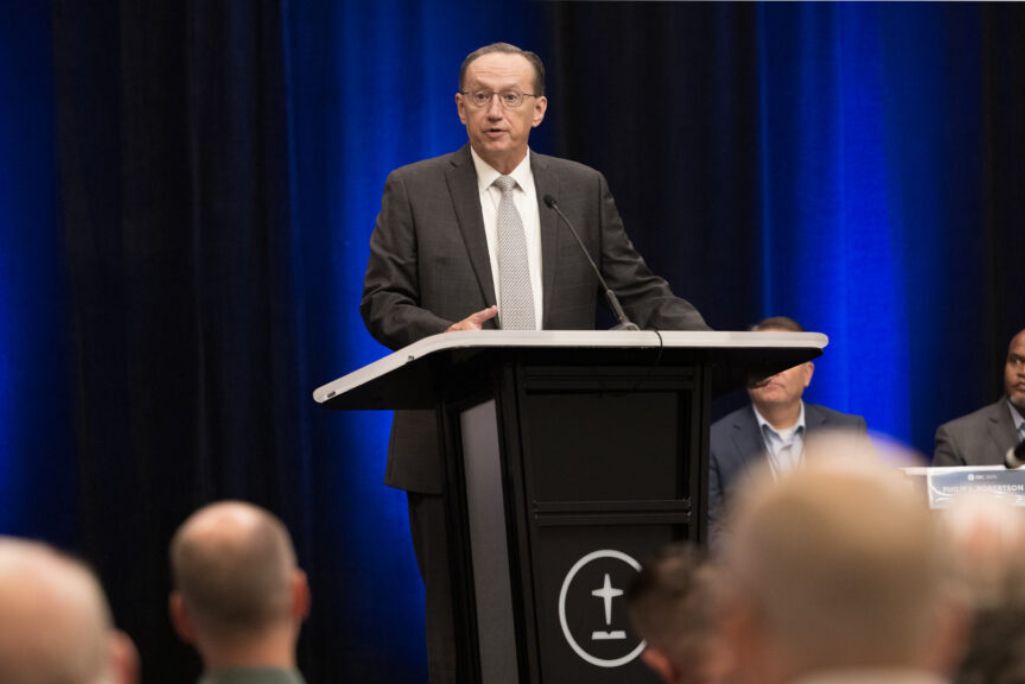The patterns of sexual misconduct exposed in elite political and media circles are staggering. We are reaping the harvest of the “free love” movement in the 1960s and other decadent cultural trends. Nothing that has been exposed should surprise us, but it should sadden and sober us.
In both personal and public life, pastors should implement practices and standards that will help protect our ministries and churches from becoming accessories to sexual impropriety. Here are nine suggestions:
1. Set boundaries.
It is both virtuous and wise to avoid intimate conversations and extended times of being alone with members of the opposite sex who are not our spouses. Hold open-door meetings or use conference rooms with windows for meetings with volunteers or staff members. As pastors and ministry leaders, we are in positions of authority and influence, and we should embody a character of virtue and godliness. We must also not be naïve. We minister in an age where false accusations occur. It is nearly impossible to be accused of impropriety if you are never in a compromising situation.
2. Use proper vetting.
Make sure all those who work with children and students have background checks and undergo a waiting period for service. As shepherds, we are responsible to protect the sheep. We should take seriously the processes and protections we put in place to make our churches safe.
3. Pursue accountability.
While we can guard against engaging in wrong behavior, we cannot fix the sinfulness within our hearts. We should preach the gospel to ourselves regularly (read Dangerous Calling by Paul David Tripp) and pursue holiness. We should also have accountability relationships. Personal accountability draws appropriate attention to our sinfulness, leads us to confession and functions as a discipline that will help us walk in holiness.
4. Know the legal requirements.
It is important to know what you are required to do legally should you or someone in your church face an accusation of abuse or harassment. You need to know your ethical and legal obligations to protect the victim and inform the authorities. The umbrella insurance company for your church is a good place to begin with appropriate policies and measures regarding these issues as it relates to staff and volunteers.
5. Avoid a cover-up.
While we must handle accusations with discretion, we must not cover anything up. We are children of the light, and we should not be afraid of addressing things in the light. We should properly address any accusation of misconduct with a thorough process of internal investigation, as well as informing the proper authorities.
6. Focus on your marriage.
It should go without saying, but the greatest protection against impurity and misconduct is a healthy marriage. Your spouse is to be your lover and defender. A marriage functioning as God intends discourages misconduct. Also, you should trust your spouse’s discernment regarding people in your circle. A healthy, trust-filled marriage is a safeguard against sexual impurity.
7. Watch your speech and jokes.
Inappropriate jokes and crude comments have no place among the body of Christ. As leaders, we must be careful that we don’t get so familiar with staff, friends and church leadership that we joke or comment inappropriately. We must remain above reproach in our speech.
8. Consider the consequences.
An accusation or an event of harassment in your setting could have catastrophic ramifications for your church. While I don’t believe that we should worry or dwell on “what ifs,” we must not stick our heads in the sand and hope things work out for the best. We owe it to our congregations to plan ahead and create protocols that could prevent such an issue.
9. Pray for God’s protection.
In all our planning and preparing we must not forget to pray. We should pray for wisdom for our church leaders. We should pray that holiness would permeate our speech and actions. We should pray that God would protect the children and families in our congregations. We should pray that perpetrators would be confronted. We should pray that victims would experience restoration.
What other practices have you implemented that help us avoid misconduct or harassment?
(EDITOR’S NOTE – Chris Hefner is the senior pastor of Wilkesboro Baptist Church.)


